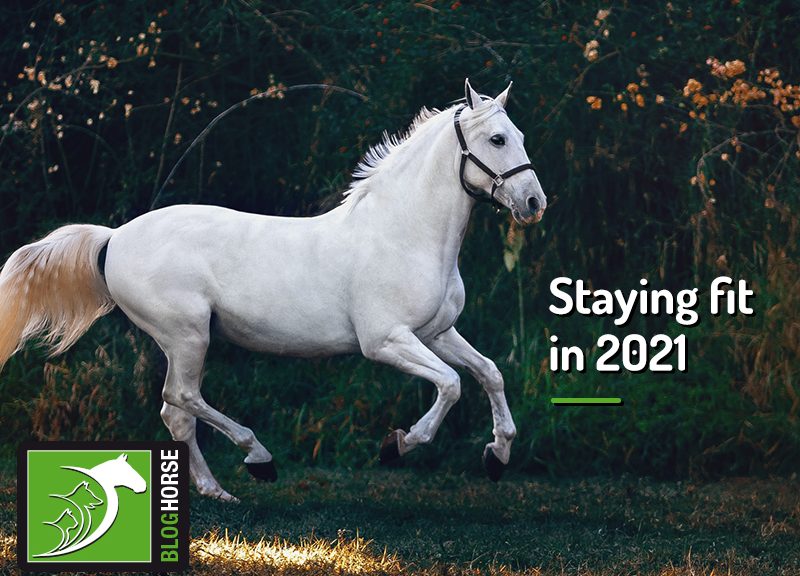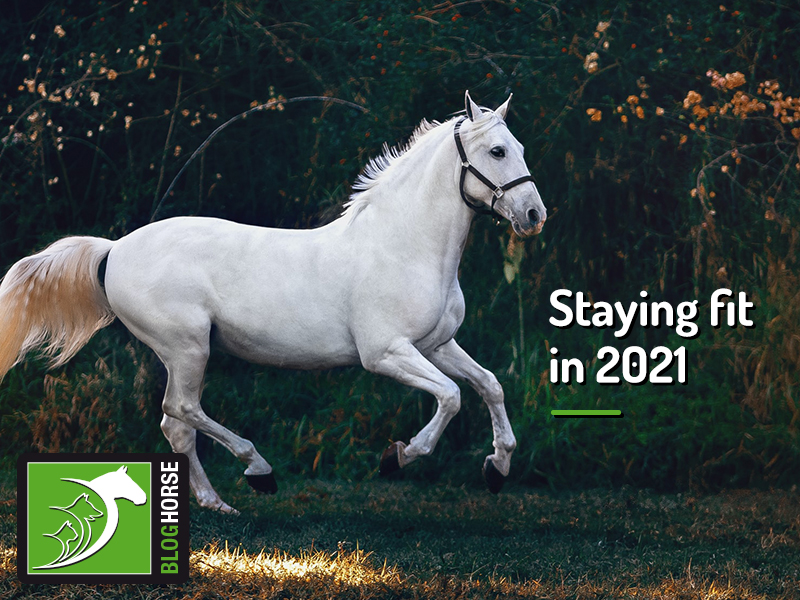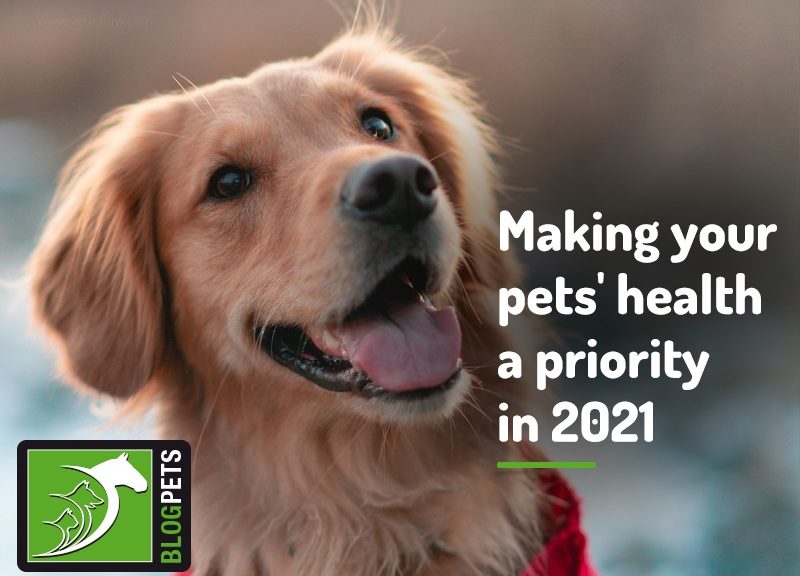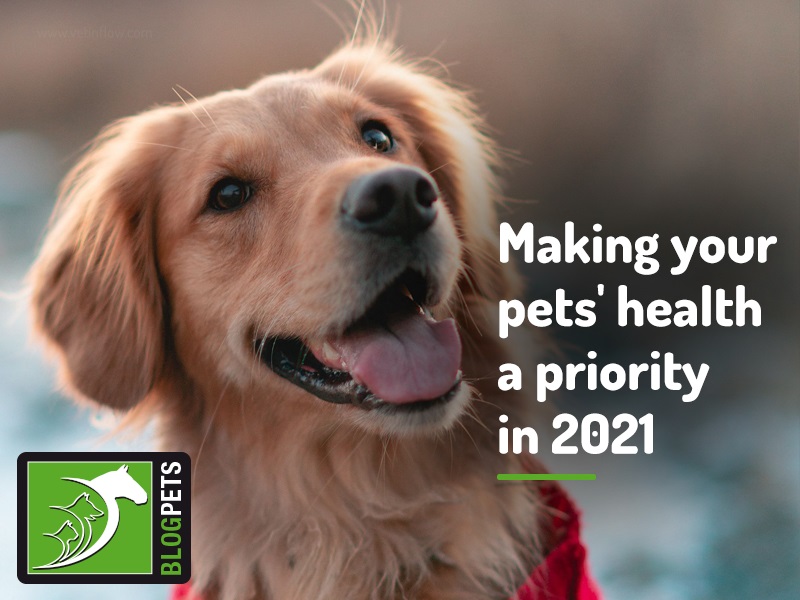January 2021, it’s the beginning of a New Year, and if you’re like most people who set New Year’s resolutions, you’re likely to have written down ‘eat better’, ‘start exercising’ or ‘lose 2 kgs’ on your list.
If you find these goals relatable, so do we, as it is well known that proper nutrition, an active lifestyle and maintaining a healthy weight are all very important in leading a healthy life.
This is as true for horses as it is for people and, with obesity on the rise within the equine population, we’ve decided to go over some tools that you can use to make sure your horse stays fit and healthy.
#1: Recognising the problem
It can be hard for horse owners to recognise that their horse is overweight so, how do you do it?
Finding out if your horse is at an ideal weight requires a thorough visual and tactile assessment, also known as fat (or body) scoring.
Look at your horse. If you can see the ribs individually, your horse is likely to be underweight.
Now run your hand over your horse’s back – can you feel the ribs and pelvis? If not, your horse is likely to be very overweight.
There are a number of other visual and tactile landmarks, such as the neck and shoulder blades, that can help you evaluate your horse’s fat score. Talk to your vet so they can teach you how to fat score your horse properly and create a record to help you keep track.
#2: Providing adequate nutrition
Ensure your horse is getting all the nutrients they need by offering them a balanced feed, and don’t forget to factor in the calories provided by hay, fresh grass, and treats to avoid over-feeding.
Maintaining weight and weight variations are dependent on the number of calories ingested versus the amount spent, so make sure you are feeding your horse with the right amount to maintain, lose or gain weight, according to your horse’s needs.
#3: Implementing an exercise routine
There are different types of activities you can do with your horses with some being more indicated for weight loss than others.
If your horse is overweight, keep in mind that the excess kgs can have a significant impact or their physical ability, so you should always adjust the intensity, frequency and type of exercise to something that your horse can tolerate safely.
As with everything else, keep in mind that this is a dynamic balance, so what works today might not work tomorrow and always take into account your horse’s individual characteristics when planning an exercise or feeding routine.
Remember, obesity can lead to unwanted and even life-threatening consequences such as cardiorespiratory disease, hormone imbalance, arthritis and laminitis so, if your horse is overweight, don’t hesitate to seek veterinary assistance.
Would you like to know more about horses? Check our Equine Courses:
Equine courses



